Postsecondary credentials are essential for members of the 21st century workforce. Most jobs that provide a living wage, employment security, and opportunities for career advancement require some level of postsecondary education. College graduates are also more likely than others to be active in their communities, to be healthier, and to be able to provide opportunities for their children.
Fortunately, the past two decades have seen an increase in college enrollment among those who have not traditionally sought undergraduate credentials, including persons of color. Even so, substantial inequities remain. Persistent racial and ethnic gaps in secondary completers’ college enrollment rates indicate continuing inequities in who has access to postsecondary education. Even among those who reach college, marked racial, ethnic, and gender disparities in institution type and field of study reinforce existing inequities in students’ earnings and employment prospects.

